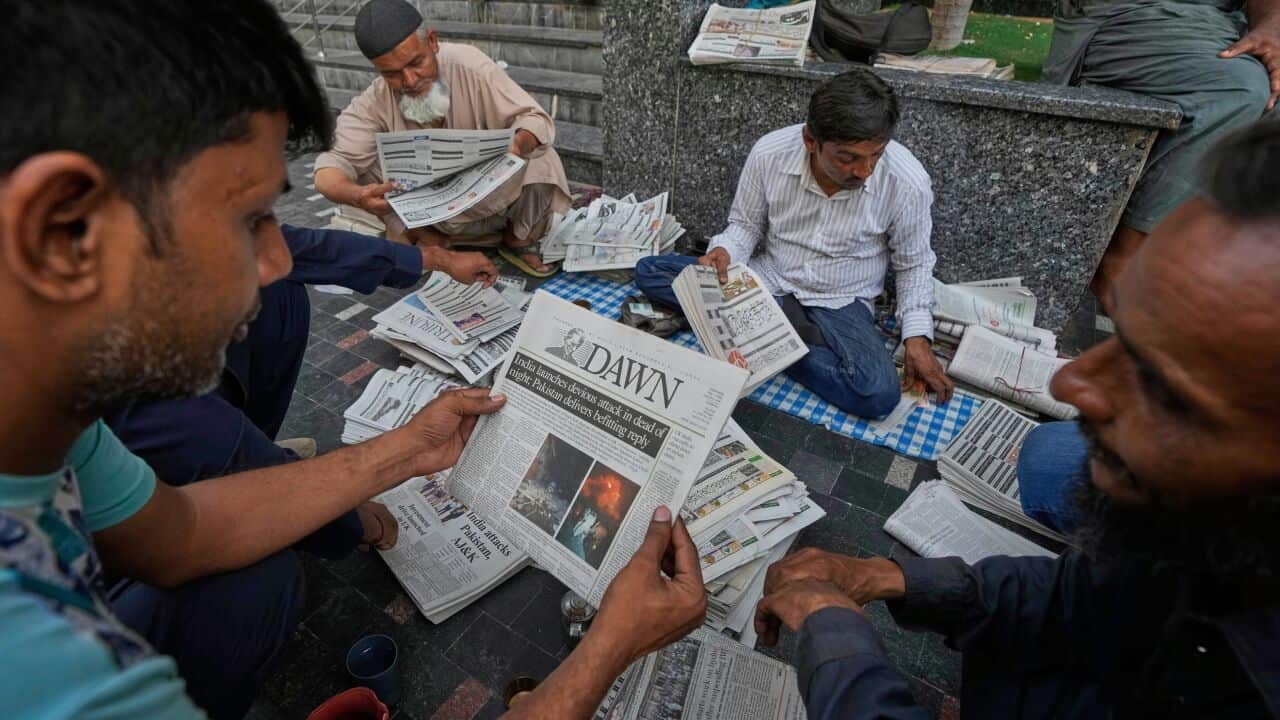Media release by Chris Bowen re his views on strengthening Australia's relations with India.
The failure two years ago to conclude a free trade agreement with India should not be held against the Turnbull Government, but it now makes it even more important that we deepen Australia’s engagement with the fastest-growing major economy in the world.
While it may seem unusual for an opposition to be so generous to a government failing to meet its own benchmarks, the fact is that this was always going to be hard and their mistake was making an un-achievable commitment in the first place, not failing to achieve it.
This doesn’t mean, however, that further efforts shouldn’t be made to deepen our levels of economic engagement. On the contrary, deepening Australia’s engagement with India is even more important given that the steps towards the free trade agreement came to nought.
Notoriously, Australia’s bilateral relationship with India has been a bipartisan stop-start affair, with good intentions by leaders from both sides giving way to platitudes about cricket, curry and Commonwealth. But we know the three c’s aren’t enough for deeper engagement: the differences in culture, outlook and levels of development have meant meaningful and sustained engagement has been very hard to come by. We can’t afford to let this sort of sporadic engagement, particularly in relation to our economies, continue.
India’s forecast annual growth rate was recently downgraded to 6.5 per cent for 2017-18. It is remarkable that this impressive figure is the lowest they will have had for four years. It still leaves them positioned to be the fastest-growing major economy in the world and on track to become the world’s third largest economy by 2030.
India’s demographics are a positive, and despite the disruption caused by the abolition of large-denomination banknotes and a national GST, the Modi government still appears to be committed to its path of cautious economic reform.
Another initiative Australia can take is to assist India in its ambition to join Asia-Pacific Economic Co-operation (APEC). Australia was once reluctant to see India join APEC because it was feared that with too many members APEC would lose focus. But times have changed. The creation of APEC was too important an Australian achievement to see it wither on the vine, and the inclusion of this fast-growing Asian economy could help reinvigorate the APEC agenda.
This is not a one-way street, though.
APEC will rightly be the focus for regional free trade discussions. And our APEC colleagues would be rightly skeptical of India’s ambition to join if India was likely to scuttle the move towards an APEC-wide free trade agreement.
I’ll be joining the third annual Australia-India Leadership Dialogue in New Delhi late in January, just as I have participated in the first two. Labor’s trade spokesman Penny Wong will be joining me.







